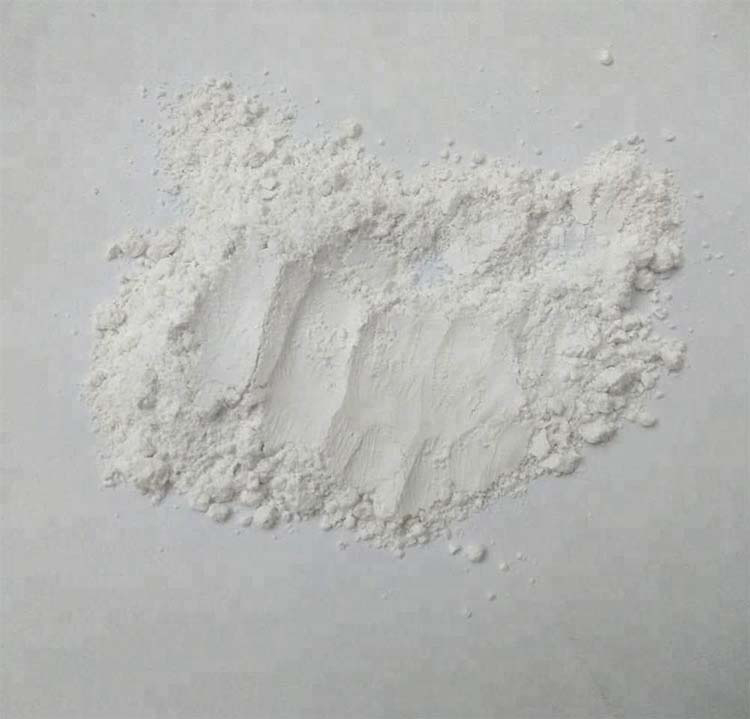Lithopone, a white pigment composed of a mixture of barium sulfate and zinc sulfide, has been a staple in various industries for decades. Its unique properties make it a versatile and valuable chemical in manufacturing. From paints and coatings to plastics and rubber, lithopone plays a vital role in improving the quality and performance of a wide range of products.
In the paint and coatings industry, lithopone is widely used as a pigment due to its excellent hiding power and brightness. It is often added to oil-based and water-based paints to improve their opacity and durability. Additionally, lithopone helps reduce production costs without compromising the quality of the final product, making it an economical choice for coating manufacturers.
In addition, lithopone is also used in the production of plastic and rubber products. Its ability to increase the whiteness and brightness of plastic materials makes it a popular choice for manufacturers looking for a high-quality finish. In rubber production, adding lithopone can improve the weather resistance and aging performance of rubber products, making them more durable and long-lasting.
Furthermore, lithopone’s chemical properties make it an ideal additive for the paper and textile industries. It is often used in paper manufacturing to increase the brightness and opacity of the paper, resulting in a higher quality finished product. In the textile industry, lithopone is used as a whitening agent to enhance the brightness and color of fabrics, making them more visually attractive to consumers.
In the construction industry, lithopone is used in the production of cement and concrete products. Its ability to increase the whiteness and brightness of cement-based materials makes it a valuable additive in the manufacturing process. Additionally, lithopone helps enhance the durability and weather resistance of concrete products, making them suitable for a variety of construction applications.
In addition, lithopone also has applications in the cosmetics and personal care industries. It is commonly used in the production of skin care and beauty products to improve their texture and appearance. Lithopone’s brightening properties make it a popular choice for manufacturers looking to create high-quality cosmetics that appeal to consumers.
In conclusion, the wide range of uses of lithopone chemicals in various industries highlights its importance as a valuable additive in manufacturing. Its unique properties make it an important component in the production of paints, plastics, rubber, paper, textiles, building materials and cosmetics. As technology and innovation continue to drive demand for high-quality products, lithopone will remain a key chemical to meet the diverse needs of different industries.
Post time: Apr-07-2024


